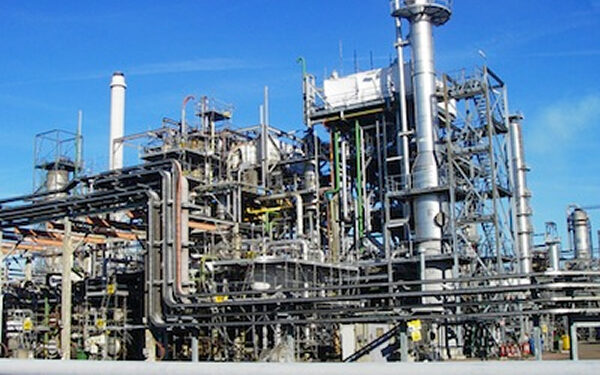The newly rehabilitated Port Harcourt Refining Company has come under scrutiny following allegations that petroleum products loaded from the facility earlier this week were not freshly refined but were drawn from old stock stored for over three years.
The claims, made by Timothy Mgbere, Secretary of the Alesa Community Stakeholders, have fueled skepticism about the refinery’s operational status. According to Mgbere, the facility, which has a stated capacity of 60,000 barrels per day (bpd), is not fully operational, despite assertions by the Nigerian National Petroleum Company Limited (NNPCL).
“The refinery is running at a skeletal level,” Mgbere said during an interview on Arise TV. He alleged that only six trucks of petroleum products were loaded on Tuesday, far below the NNPCL’s promise of dispatching 200 trucks daily.
Operational Concerns and Community Criticism
Mgbere described Tuesday’s unveiling ceremony as a “mere show,” asserting that much of the refinery’s operations rely on outdated infrastructure and unutilized units. He claimed the products dispatched were not new outputs but part of older stock used for calibration tests.
“NNPCL must provide accurate updates on the refinery’s true capacity instead of publicizing misleading figures,” he added.
Other industry experts echoed Mgbere’s concerns, calling on the NNPCL to clarify its feedstock sources and the refinery’s production processes. Bala Zaka, a petroleum engineer, highlighted the need for transparency, questioning the long storage of products and the absence of immediate market sales.
NNPCL’s Response and Defenders
In response, NNPCL maintains that the old refinery complex is operating at 70% capacity, producing various petroleum products, including diesel, kerosene, and straight-run gasoline. The Petroleum Products Retail Outlet Owners Association of Nigeria (PETROAN) also defended NNPCL’s claims, asserting that the refinery is indeed operational.
“The refinery is functional, and trucks are being loaded daily,” PETROAN spokesperson Joseph Obele said. He invited skeptics to visit the facility for verification.
Wider Industry Dynamics
Meanwhile, independent marketers and stakeholders continue to monitor the refinery’s progress. The Independent Petroleum Marketers Association of Nigeria (IPMAN) expressed cautious optimism, stating it would reserve judgment until a consistent supply of products is confirmed.
In contrast, the Major Marketers Association of Nigeria (MEMAN) highlighted ongoing achievements in fuel distribution from the Dangote Refinery, with over 250 million liters of petrol delivered in 10 weeks, underscoring the competition faced by the Port Harcourt Refinery.
As debates over the refinery’s status persist, calls for privatization and better oversight of national refineries grow louder. Stakeholders urge a focus on transparent management and accountability to rebuild public trust in Nigeria’s petroleum industry.























